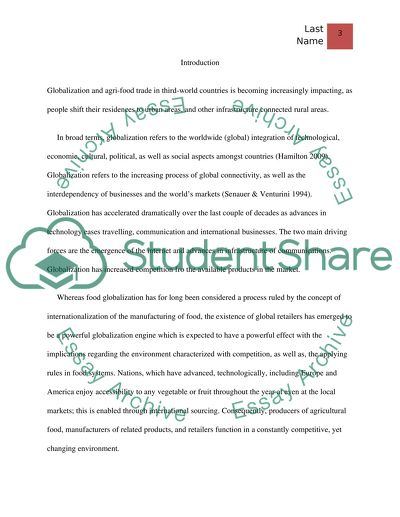Cite this document
(“Food Globalization in Third World Countries Essay”, n.d.)
Retrieved de https://studentshare.org/sociology/1392570-food-globalization-in-third-world-countries
Retrieved de https://studentshare.org/sociology/1392570-food-globalization-in-third-world-countries
(Food Globalization in Third World Countries Essay)
https://studentshare.org/sociology/1392570-food-globalization-in-third-world-countries.
https://studentshare.org/sociology/1392570-food-globalization-in-third-world-countries.
“Food Globalization in Third World Countries Essay”, n.d. https://studentshare.org/sociology/1392570-food-globalization-in-third-world-countries.


